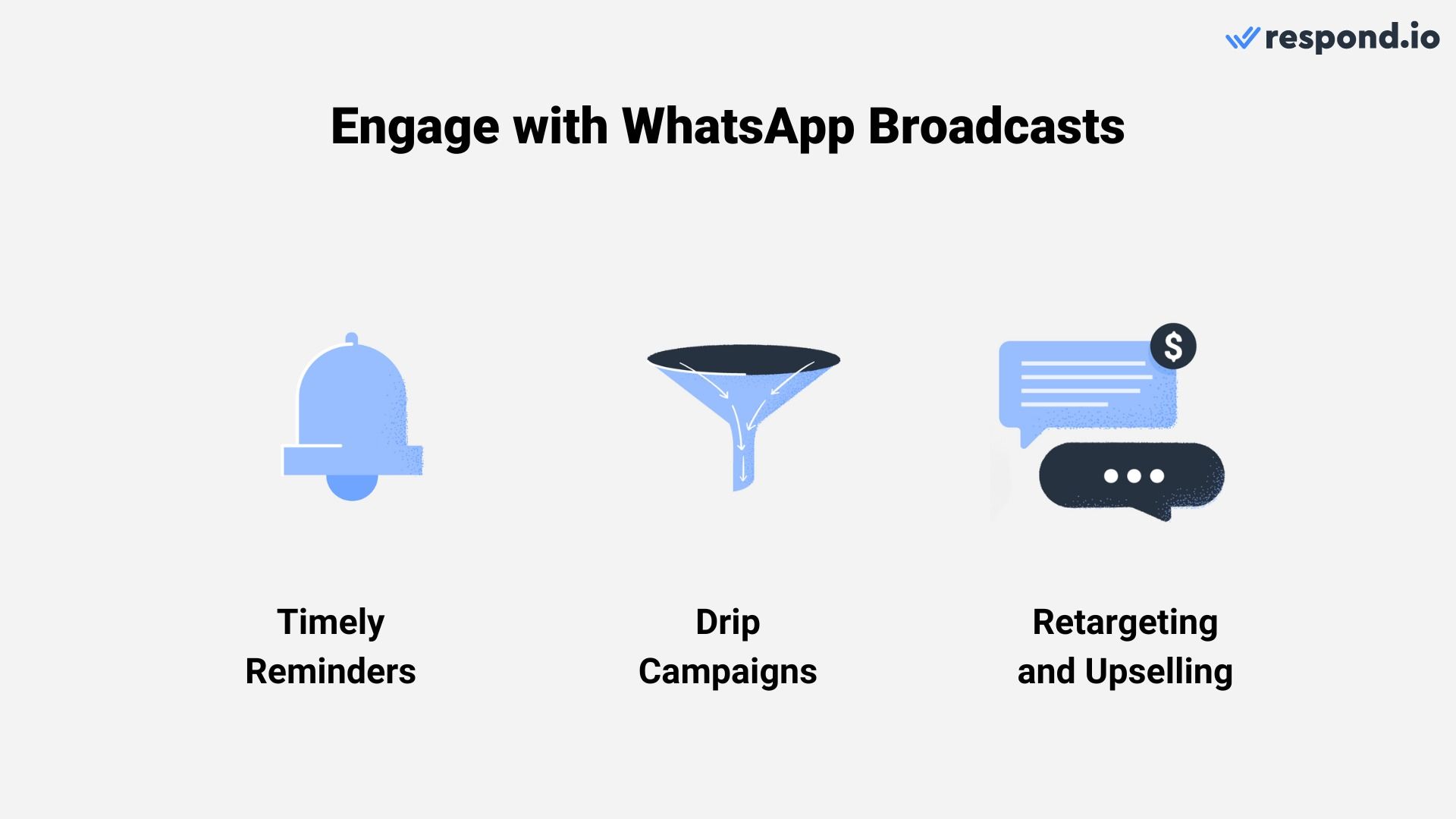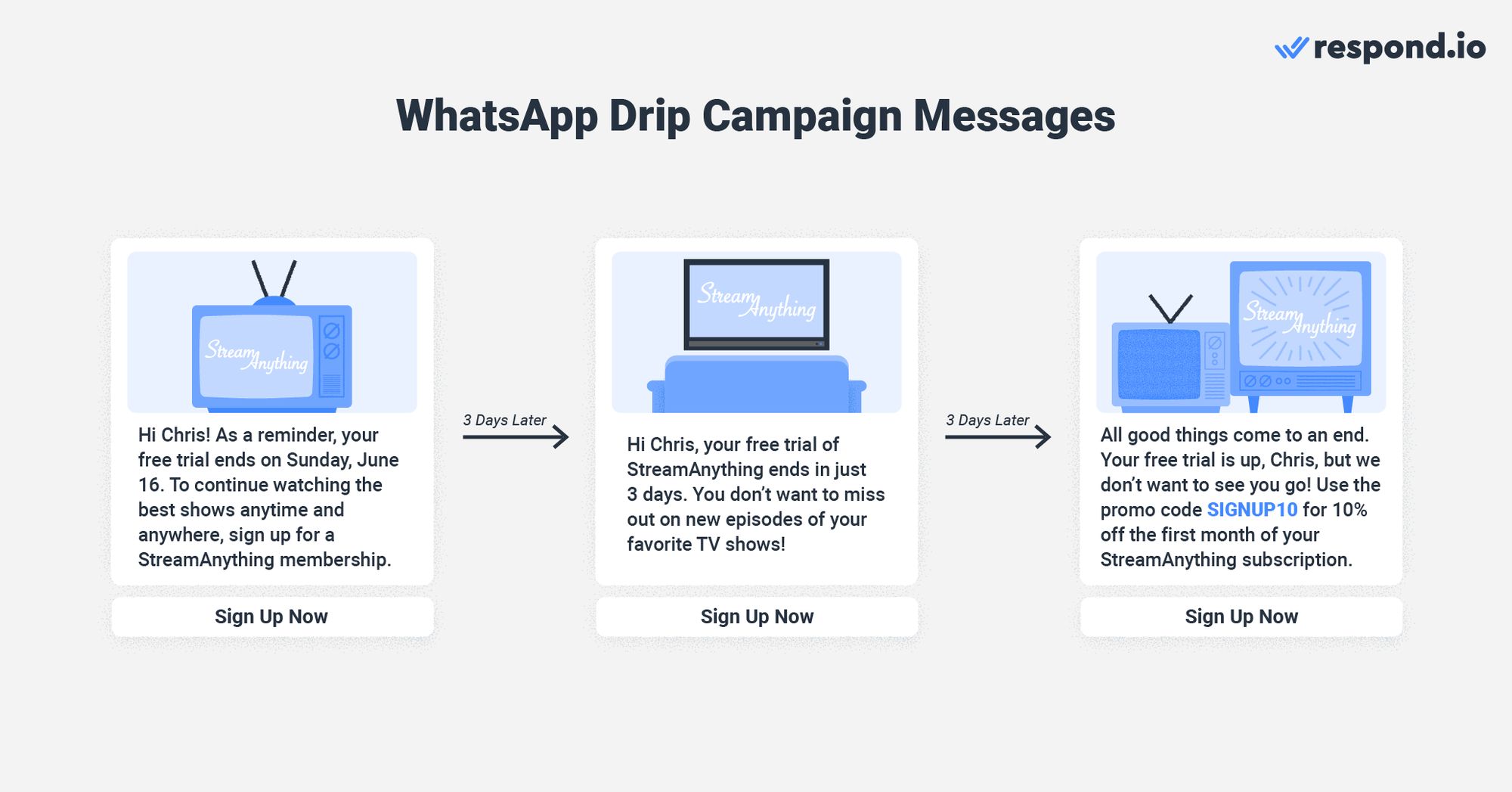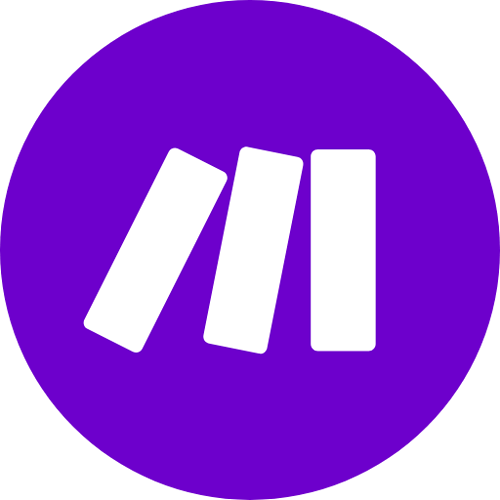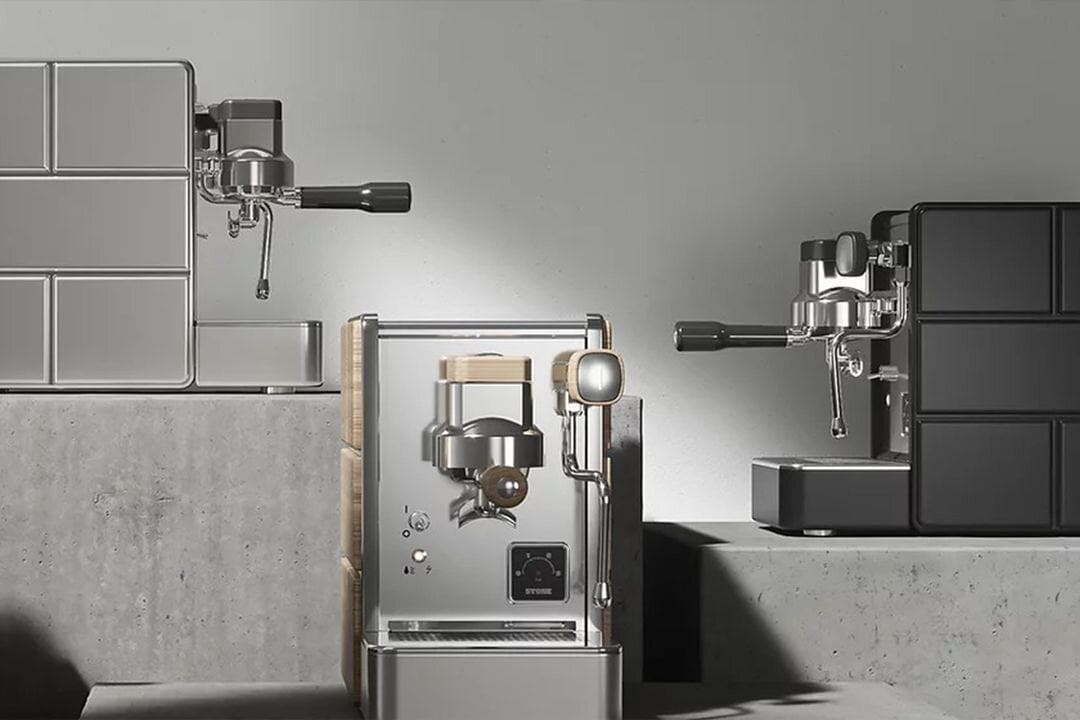
Are you getting leads into chats only to see them go cold and never turn into customers? It often takes more than one conversation to prompt someone to make a purchase. So how do you follow up with customers on WhatsApp to keep the relationship going after the first conversation?
We’ll show you how to use WhatsApp broadcasts to engage leads who have previously reached out to you and guide them along their journey to make a purchase.
Why Use WhatsApp to Follow Up with Customers
We’re all familiar with lead nurturing over email. After you download a lead magnet or make an inquiry from a company, you’ll get a series of emails on related topics designed to pique your interest and prompt a purchase. It’s also common to be added to an email list after you’ve made a purchase.
Following up with leads and customers over WhatsApp and other conversational channels is just as important as over traditional channels. With WhatsApp, you can use broadcast features to set up nurturing campaigns to stay top of mind and reengage prospects in conversations.
We’ve seen the advantage of using these tactics firsthand, both from our own experience and those of our customers. Let’s dive in to how to follow up with customers by WhatsApp and look at some examples.
Turn conversations into customers with respond.io's official WhatsApp API. ✨
Manage WhatsApp calls and chats in one place!
How to Keep Prospects Engaged with WhatsApp Follow-Ups
When a prospect initiates a conversation with you by making an inquiry or responding to an ad, they need time for consideration before purchasing, especially if they’re considering a high-value product or service. It’s important to follow up over WhatsApp so they stay engaged.

Like most messaging apps, WhatsApp has a messaging window, so you can’t just pick up the chat where you left off if the contact hasn’t responded in more than 24 hours. However, you can still continue communicating with them through promotional WhatsApp bulk messages and drip campaigns. You can also use this tactic to retarget or upsell to previous or existing customers.
Here are some best practices for following up with customers on WhatsApp with template messages.
Create Urgency with Timely Reminders
Upcoming Deadlines
Letting customers know the offer won’t be there long creates a sense of urgency. For educational service providers, upcoming course registration deadlines are a good reason to send a message. Upcoming exams are another prompt to sign up for a prep course quickly.
Deals that Won’t Last Long
The end of a special deal on a product or package encourages prospects to make a purchase so they don’t miss out. For example, if you’re having holiday sales, send prospects reminders about it and make sure they know when it’s ending.
Latest News about Your Products or Business
Other relevant news such as a new product launch or the opening of a new branch can also be included in broadcasts. One of our customers has many branches and aims to get prospects to visit a physical store. By sending WhatsApp messages about the branch nearest the customer or the opening of a new branch, they’ve seen an increase in sales.
Guide Prospects through their Journey with a Drip Campaign
A WhatsApp drip campaign aims to engage leads and customers with a set of WhatsApp notifications designed to move the recipient through the customer journey.
More than simple reminders, these follow a schedule to engage leads and aim for faster conversion. If someone has signed up for a trial, they may get a notification one week before the trial is ending, three days before, and when it expires. If they let the trial expire, a promotion may be just what they need to push them to a decision.

We’ve conducted our own WhatsApp drip campaigns targeting leads who missed a call from a sales representative. By retargeting these leads with scheduled messages, we’ve seen an 8.6% increase in SQL in one month.
Loh Yi Xuan, Growth Manager for respond.io, shares, “WhatsApp is an excellent channel for drip campaigns. By increasing touchpoints, businesses can effectively remain top-of-mind for customers and enhance engagement.”
Upsell to or Retarget Existing or Previous Customers
After a customer has made a purchase once, it’s important to stay in touch with them. If they’ve had a positive experience with your product or services, they’re more likely to make another purchase.
Customer Success Manager Khausalya Balakrishnan explains that using broadcasts for retargeting and personalizing them based on past purchases is a popular practice among our customers that has seen excellent results.
Example: Automotive Business Does Long-Term Follow-ups over WhatsApp
For example, one business in the automotive industry retargets those who made a purchase five years ago. This is an effective long-term strategy for businesses selling high-value products. Most people won’t be in the market for a car every year. However, by keeping their contact info and retargeting them at the right time, this business stays top-of-mind.
Engage with Prospects or Customers Who Want to Hear From You
To maximize the impact of promotional broadcasts, ensure messages are relevant and well-timed. Sending too many or irrelevant messages can lead to spam reports and hurt engagement.
Plus, starting March 2025, WhatsApp will refine how marketing messages are delivered based on user engagement. Users who rarely interact with these messages will receive fewer over time.
This update helps businesses by improving engagement rates and ensuring marketing budgets are spent on users who are more likely to respond.
Example: Set Follow-up Segments Based on Membership or Past Purchases
Khausalya recommends segmenting your audience, for example, into leads and those who have already made a purchase. One of our customers, a skin care business, divides recipients into members and non-members and sends a similar offer with different messaging.
Another Customer Success Manager, Asher Phillips, explains how one business retargets customers based on the categories of purchases they’ve made in the past to ensure they receive offers they’re interested in.
Make Opt-Outs Easy
Our Customer Success Managers also stress the importance of giving recipients the choice to opt out. With a conversation management platform like respond.io, you can set this up with automation, including an “opt out” button with every message.
If customers can’t opt out, they’ll simply block your business or report you as spam, which affects your reputation. When you respect their right to opt out, they’ll still have a positive impression of your brand and may come back in the future.
Start Following Up with Customers on WhatsApp and Boost Your Sales
Keeping meaningful conversations going is key to building customer relationships. When prospects or customers receive valuable messages, they’ll keep your business at the top of their list for consideration.
To effectively follow up with customers over WhatsApp, it’s best to use WhatsApp API with a conversation management platform like respond.io. That way, you can easily send targeted broadcasts, automate your replies and integrate with a CRM to track and follow up with customers throughout their journey.
However, with respond.io's WhatsApp Coexistence, you can use both on the same number. This means you can keep your existing WhatsApp Business app number and still connect it to the WhatsApp Business Platform (Cloud API) via respond.io — without losing access to your app or needing a new number.
To see how respond.io can help your growing business, try it for free today or contact us for a customized demo.
Turn conversations into customers with respond.io's official WhatsApp API. ✨
Manage WhatsApp calls and chats in one place!
Further Reading
For more insights on doing marketing and sales over instant messaging, check out the following articles.






































 Electronics
Electronics Fashion & Apparel
Fashion & Apparel Furniture
Furniture Jewelry and Watches
Jewelry and Watches
 Afterschool Activities
Afterschool Activities Sport & Fitness
Sport & Fitness
 Beauty Center
Beauty Center Dental Clinic
Dental Clinic Medical Clinic
Medical Clinic
 Home Cleaning & Maid Services
Home Cleaning & Maid Services Photography & Videography
Photography & Videography
 Car Dealership
Car Dealership
 Travel Agency & Tour Operator
Travel Agency & Tour Operator




